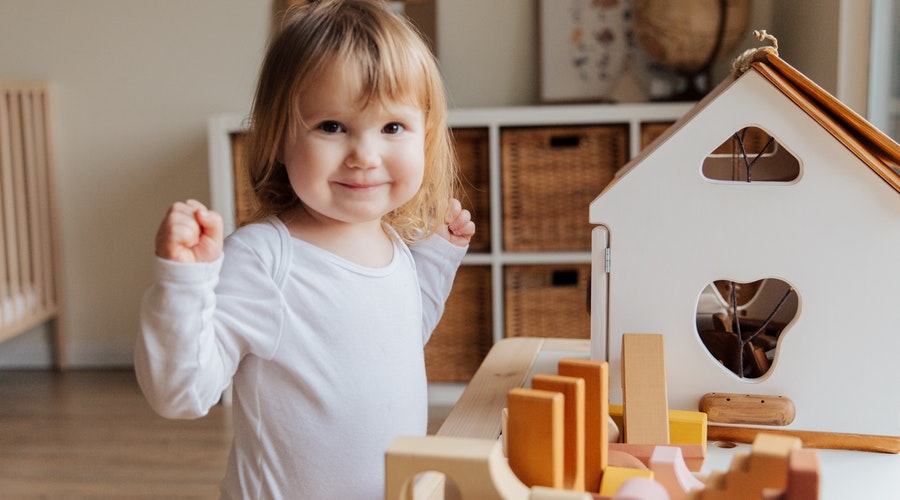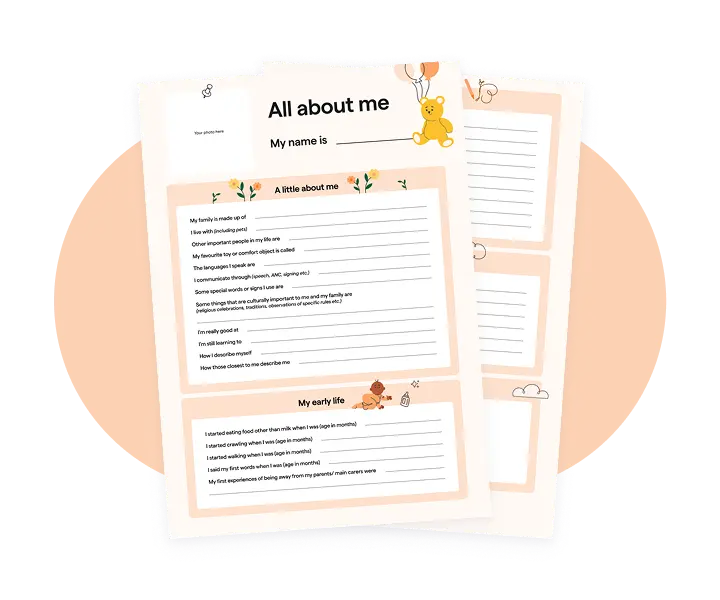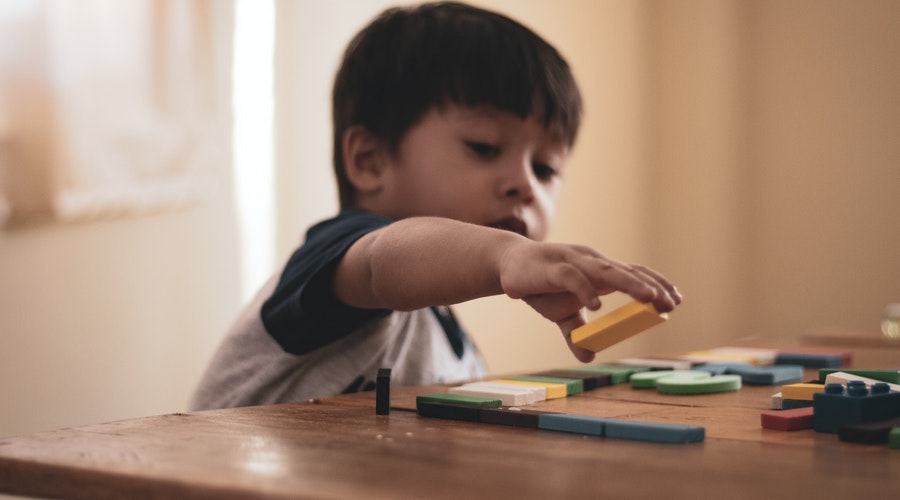settings
children
With Famly since
In the current situation, most families will be spending more time together than normal. Many parents will also be trying to work from home, while also providing care and instruction for their children. In addition, families are likely to be stuck indoors more than usual.
All these changes to your regular routines mean that you may be feeling tense, anxious or stressed at the moment, and your child may pick up on these emotions. This can easily manifest itself in tensions around your child’s behaviour, at a time when the last thing that any of us want to do is to get into family arguments.
Read on for plenty of strategies to help you remain happy and minimise conflict during the lockdown.
Be proactive rather than reactive
There is a tendency for us to wait for poor behaviour to happen, and then to react to it after the event. Similarly, we tend to pay attention to the behaviours that annoy us, but it’s more helpful to highlight positive behaviours every time they happen.
Make sure you praise your child when they are behaving well – “Thank you so much for being so helpful!” It might feel a bit fake at first, but affirming them being good is a great way to encourage better behaviour.
Say what you need
Make sure to actively promote the behaviour you want to see, because this supports your child in understanding your expectations and learning how to do the right thing. Use a statement such as “Let’s see how quickly you can get dressed!” or “I need you to help me lay the table, thanks!” to create a clear target. Reinforce your child’s cooperative behaviours with the use of praise: “Wow, you got dressed extra fast today – well done!”.
It’s all too easy to fall into the habit of using rhetorical questions when faced with poor behaviours. It’s that moment when your child is making a mess with their toys, and you say to them in an exasperated voice, “Why are you doing that?”. You don’t actually want an answer to your question – it is an expression of your irritation.
Instead of phrasing your frustrations around behaviour as questions, make statements to your child about what you would like to see them doing and then support them in doing it. “We need to sort the toys out into the right boxes – let’s do it together!”

Using the tactical ignore
The ‘tactical ignore’ is a vital tool in every parent’s behaviour toolkit. Whenever we pay attention to any kind of behaviour, whether positive or negative, we reinforce it. Refusing to pay attention to poor behaviour can help to minimise it, because your child starts to understand that you will give them your energy and attention when they are doing the right thing.
Clearly if a behaviour is dangerous you need to get your child to stop quickly. Use a firm voice, combined with a command: “You need to stop that right now.” But if the behaviour is not doing any immediate damage, it is often better to ignore it, or suggest a positive alternative.
Remember to look for the learning in the everyday household tasks that you still need to do, from playing with the bubbles as you wash up together, to wiping tables or pulling up weeds. Your young child will enjoy the chance to help you with all of these!
The big ideas

Using distractions
Young children have very short attention spans, so make use of this fact when dealing with their behaviour. Distractions can be very effective, particularly if your child is working their way up to a tantrum, because it throws the child off track from an outburst. You might point to a bird outside the window, pick up a musical toy and shake it, or suggest a quick helping task.
Parents might worry that ignoring or distracting from poor behaviour means letting the child ‘get away with it’, but in reality the main goal for this age group is the development of what we call self-regulation. This means the ability to regulate our own emotions and behaviours.
Children of this age are not being naughty on purpose – their behaviour is just not that calculated. Your child needs you to help them learn to behave through a process called co-regulation, where the adult works together with the child to help them develop internal control.
Handing over control
It is very tempting to try to micromanage your child’s routine, in order to try and stop them getting bored, tired, or under/over stimulated. However, it is really important for your child to have a say in what they do each day, and also to have a chance to manage their own reactions to complex emotions. This will give them a sense of purpose and will also support their ability to regulate.
Let your child take some ownership of their learning and behaviour. This will help them feel more motivated and in control. Try to step back from always intervening – learning to deal with and manage emotions such as boredom or frustration is a crucial part of child development. We cannot do this for our children, we can only support them in learning how to manage it by themselves.

Boosting self-regulation
When it comes to behaviour in the early years, probably the most important thing of all for your child to learn is how to self-regulate. This will set them up for success in the future, because it will help them understand how to behave appropriately in different situations. It will also support them in focusing their attention, which is especially useful once they get to school.
A really useful way to encourage the development of self-regulation is to narrate the ‘why’ behind the behaviour you have asked for. This helps your child understand why you want them to do this particular thing. Always try to add a ‘because’ to your statements about how you need your child to behave.
Supporting your own mental health
Given the unusual and difficult circumstances we are in at the moment, it is really important for families to support their own mental health where they possibly can. The better you feel, the more able you will be to manage your child’s behaviour when they are being difficult.
Do make sure that you and your child get outside for a daily dose of daylight, whether in a garden or by going on a walk. Sunlight helps to boost our mood and being outdoors in the natural world can also be calming.
Don’t be too hard on yourself. If you set overly ambitious targets, you are likely to be unable to meet them, and consequently to feel disappointed or frustrated. It is far better to be realistic about what you can achieve, especially in the current circumstances. For instance, it may work better to focus on one sustained period of quality play with your child, rather than trying to play with them but with half an eye on the work you need to do from home.
Try not to heap guilt on yourself, by making comparisons with what you think other parents are achieving. It is okay not to feel okay in the current situation and to sometimes get a bit snappy – be kind to yourself if sometimes you don’t get it completely right.
Sue Cowley is an author and teacher educator. She has helped to run her local early years setting for the last ten years. Her latest book is “The Ultimate Guide to Mark Making in the Early Years”, published by Bloomsbury.
Try learning journals for free
Add observations, and build digital learning journals to share with families instantly. All with your completely free 14-day trial.
Get started









